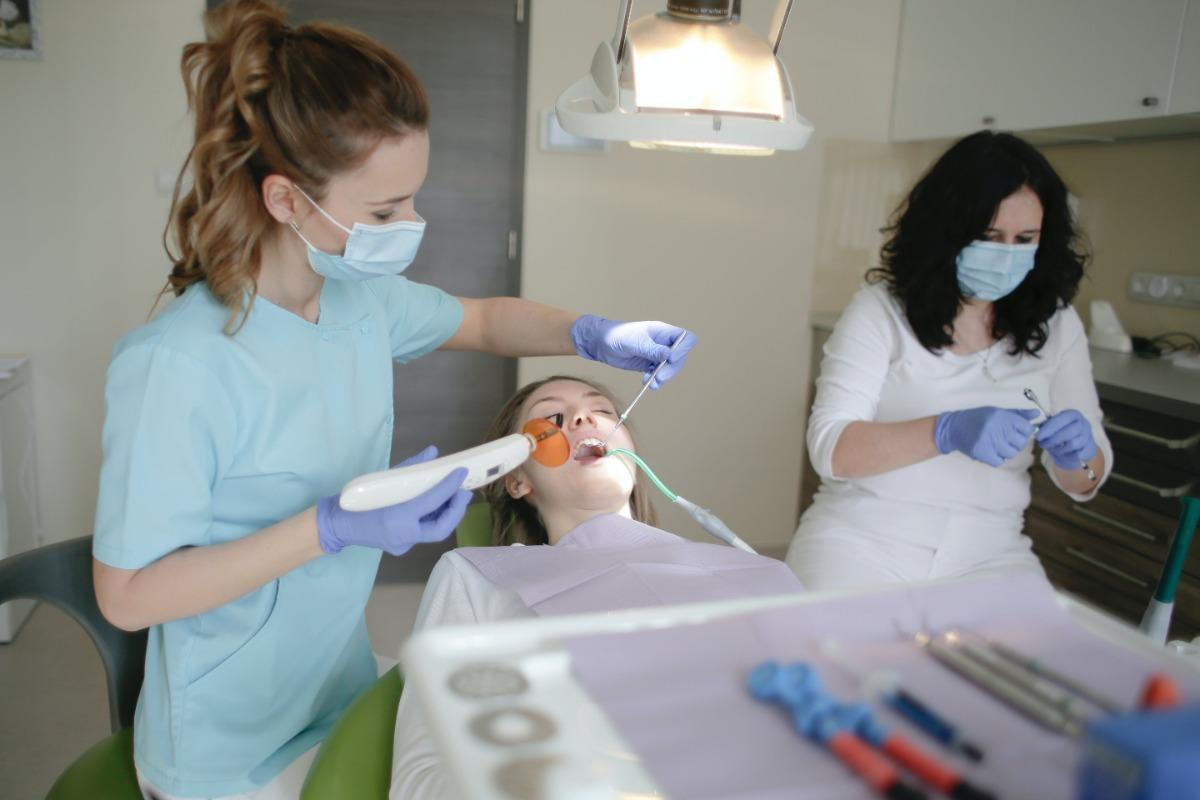
Oral surgery is a safe and effective means of treating a range of dental problems—from quality-of-life improvements like dental implants to potentially life-saving oral cancer treatments. Just like any other form of surgery, it’s important for patients who undergo oral surgery to take steps to promote good oral health, including following all post-op instructions given by their doctor.
Dental Patient Resources: Tips for Recovery
Post-op, oral surgeons provide dental patients with resources designed to teach them about the recovery process. These materials commonly include post-op instructions and guidelines outlining the next steps patients can take to promote a healthy recovery. Dental patient education materials also include several universal recommendations.
Plan to Rest
Patients should plan to rest after their procedure. Patients may be given sedatives that cause drowsiness, so they should not expect to drive themselves home post-op. Strenuous activities like running or heavy lifting should be avoided until recovery is complete.
Manage Pain
It’s normal to experience swelling, discomfort, and pain after an operation. For patients experiencing persistent and intense pain, several tried-and-true pain management strategies can help. Applying an ice pack in 15-minute intervals can help reduce swelling and alleviate the most intense pain. Oral surgeons may also recommend taking over-the-counter pain medications like Advil or Tylenol to reduce pain and swelling.
Eat Soft Foods
Eating may be difficult in the days following an oral procedure. For the first two days, patients should only eat soft foods, such as:
Mashed potatoes
Soup
Chowder
Scrambled eggs
Mac and cheese
Yogurt
Applesauce
Patients should avoid eating hard and crunchy foods, such as
Potato chips
Toffee
Candy
Pretzels
Nuts
What to Avoid
The specifics of what patients should avoid after oral surgery vary based on the procedure and the surgeon. In general, patients should avoid using straws, smoking, and drinking alcohol during recovery because these activities can disrupt the healing process. Additionally, heat should not be applied to the face, as it increases swelling, exacerbating pain and slowing recovery.
Monitor Symptoms
As you recover, you should keep an eye out for any concerning symptoms that require a trip back to the dentist or immediate medical attention. Concerning symptoms include:
Fever
Pus
Severe swelling
Persistent bleeding
Trouble swallowing or breathing
Rely On a Dental Team You Can Trust
Dental surgery can be stressful, but rest assured that you’re in good hands when you visit the Family Dental Center of Blair. We’re dedicated to providing the highest-quality service possible while keeping you comfortable and relaxed.
Get in touch today to find out more or schedule an appointment!






















